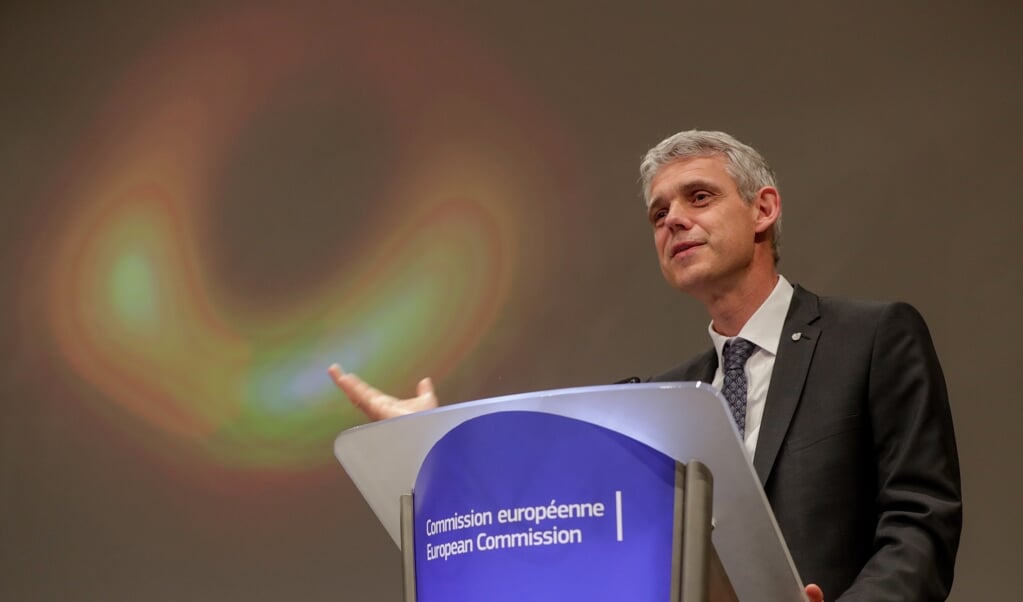Regina, Canada
Psychologists from the University of Oxford, among others, wrote this in the journal published on Tuesday Social psychology and personality science.
The “conflict thesis” has been prevalent within science for more than a century, and is the idea that science and religion—particularly Christianity—are fundamentally hostile to each other. Since then, this idea has been seen more often in the media and among the population, the scientists write. The associated assumption is that the world can now be understood through the eyes of science. Therefore, religious institutions and stories became redundant. Furthermore, studies show that religious people have less scientific knowledge and are relatively less likely to choose a career in science.
Psychologists write that all is well, but there is a problem: with some exceptions, all these old studies on the relations between believers and science were conducted in the United States. Christianity in America is very different in many respects from the faith in other countries. For example, Biblicalism, the literal reading of the Bible, is more popular in the United States than in European countries, researchers know. Hence the question arises: Is hostility to science really part of Christianity or do previous studies mainly show Christian culture from a particular country?
Severe undermining
To answer this question, nearly 70,000 people from sixty different countries were interviewed in a series of surveys. For example, they had to respond to statements such as 'I believe in God', 'I see myself as a religious person', 'Science and technology will make the next generation better off' and 'Scientific knowledge is not important for everyday life'. They also had to list their interests on the list, which ranged from cars to biology.
What happened? In the United States, there is indeed a negative relationship between religiosity and attitudes toward science. There was no difference in age, gender, education, and ethnic background. But: Outside the United States, this connection has not always existed. In most cases, the differences between believers and nonbelievers were minimal. Sometimes there is a positive correlation between religiosity and interest in science. The researchers mention both countries that are highly religious (the Philippines, Brazil, and South Africa) and countries with relatively few religious people (Sweden, the Czech Republic). The Netherlands is not explicitly mentioned anywhere.
Psychologists describe their research as a “dangerous undermining” of the so-called conflict between faith and science. This conflict, they wrote, “could be unique to the United States.”

Devoted music ninja. Zombie practitioner. Pop culture aficionado. Webaholic. Communicator. Internet nerd. Certified alcohol maven. Tv buff.

